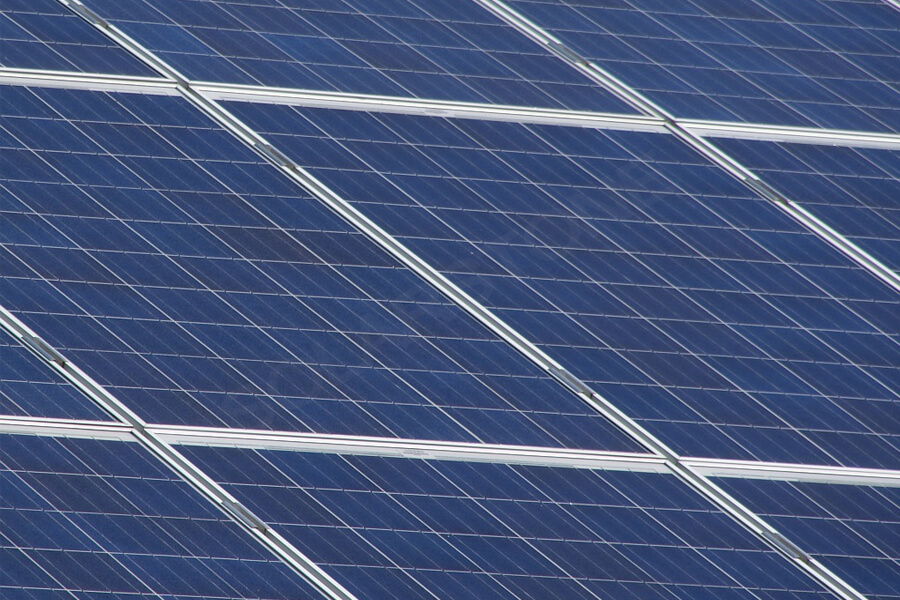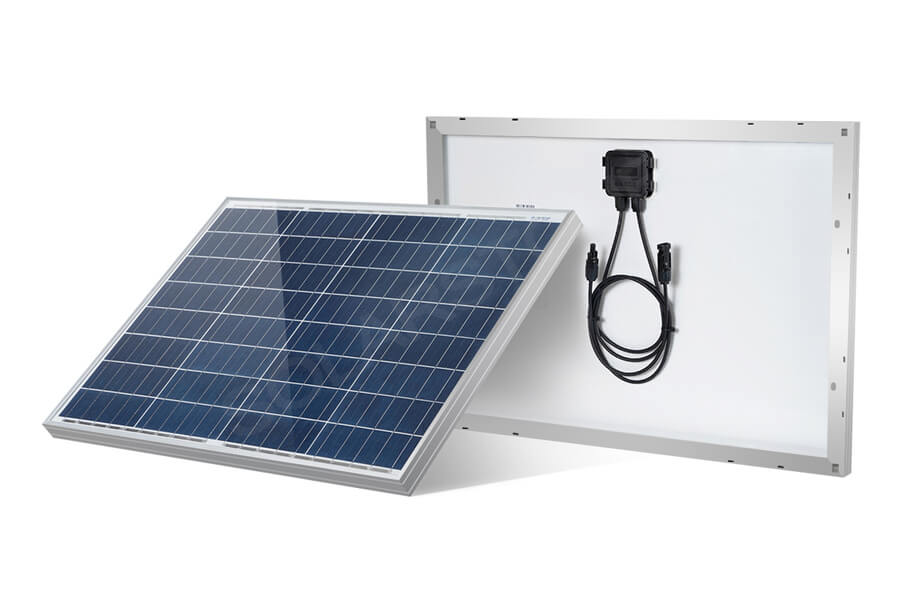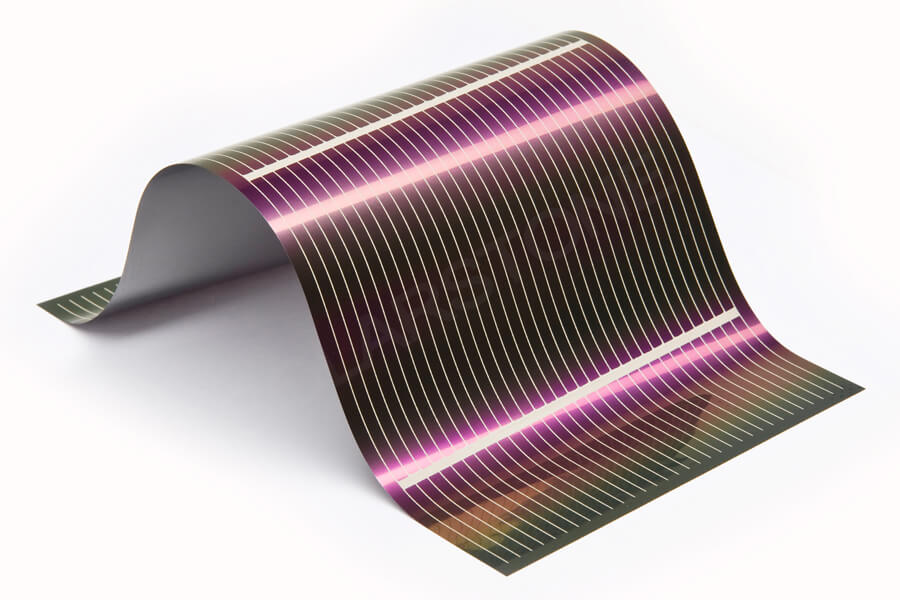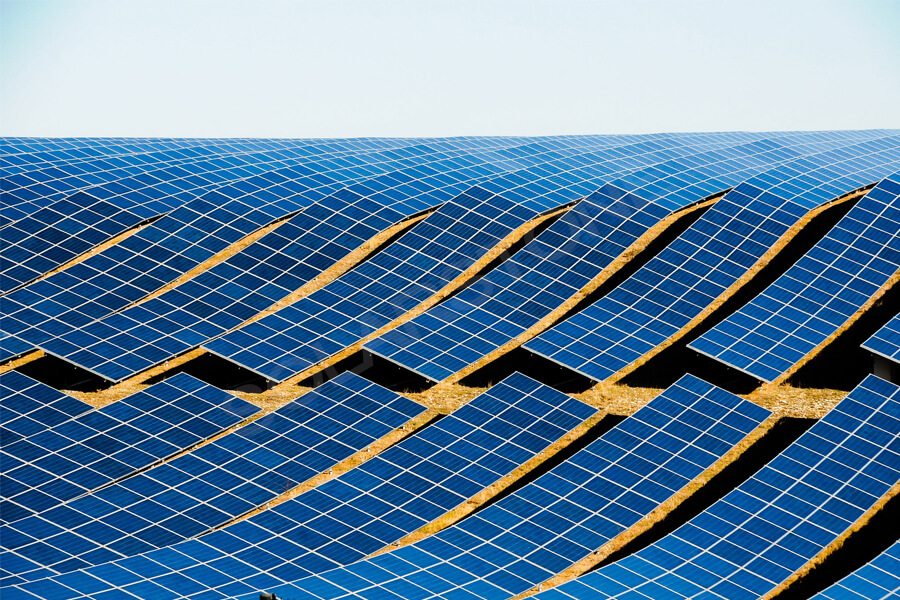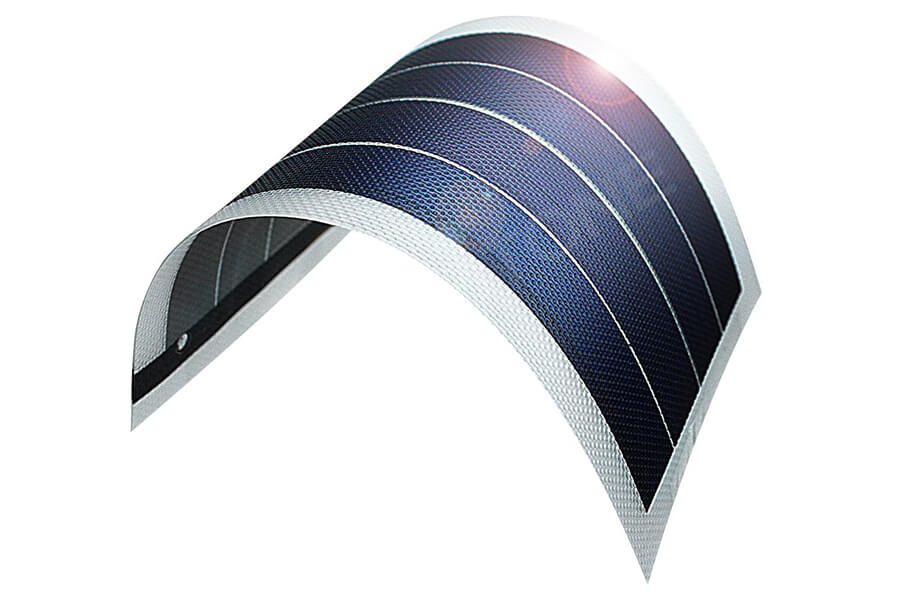How to choose the appropriate type of solar panel according to your needs?
Since you have understood the efficiency difference between monocrystalline silicon and polycrystalline silicon solar panels, you must consider your specific needs when selecting the correct type of solar panel for your installation.
If the following conditions are met, please consider monocrystalline silicon panels:
1. Your roof space is limited and you want to maximize power output.
2. You are willing to invest in higher efficiency to achieve long-term energy conservation.
3. Higher costs are within your budget.
If the following conditions are met, please consider polycrystalline panels:
1. You have ample roof space and are more concerned about budget friendly choices.
2. You prioritize initial cost savings over long-term efficiency.
3. If you install the solar panel in a sunny area, the low efficiency will not significantly affect performance.
Please remember to consult with reputable solar panel installers or knowledgeable professionals to determine the optimal type of solar panel that suits your specific situation. They can assess your energy needs, roof space, and budget constraints to provide personalized recommendations.
Understanding the efficiency differences between single crystal and polycrystalline solar panels can help you make informed decisions and choose the appropriate type of solar panel to meet your energy needs and budget.
Thin film solar panels
When it comes to solar energy, efficiency is a key factor to consider. The efficiency of solar panels refers to the amount of sunlight that can be converted into usable electricity.
In recent years, thin-film solar panels have been favored due to their unique performance. Let’s explore the advantages and disadvantages of thin film solar panels and compare their efficiency with traditional solar panels.
Advantages and disadvantages of thin-film solar panels
Advantages: Thin film solar panels have multiple advantages, making them an attractive choice for solar systems. A significant advantage is their flexibility.
Unlike traditional panels, thin film panels can be made flexible, allowing them to be integrated into various surfaces, such as curved structures and building materials. This flexibility opens up new possibilities for the installation of solar panels.
Another advantage of thin film solar panels is their cost-effectiveness. These panels typically require less material to manufacture, thereby reducing production costs.
In addition, compared to traditional panels, their production process is less energy intensive. The lower manufacturing costs make thin film panels a more affordable choice for homeowners and businesses.
Disadvantages: Although thin film solar panels have many advantages, they also have some limitations. One of its main drawbacks compared to traditional panels is lower efficiency.
Although traditional panels can achieve an efficiency of about 15% to 20%, the efficiency of thin film panels is usually lower, ranging from 7% to 15%. This means that a larger surface area is required to generate the same amount of electricity as traditional panels.
Another drawback of thin film panels is that they degrade over time. Compared to traditional panels, the degradation rate of these panels is often faster, which can affect their overall service life and energy production efficiency. However, technological advancements are continuously improving the durability and efficiency of thin film panels.


